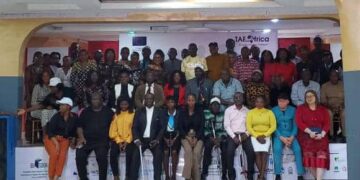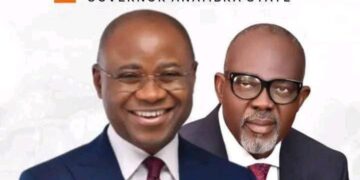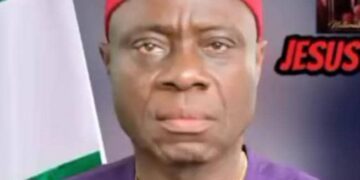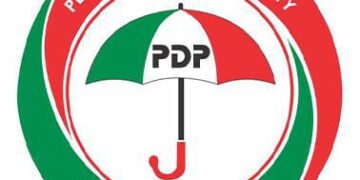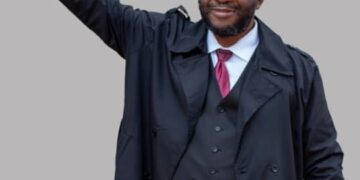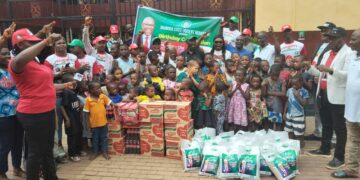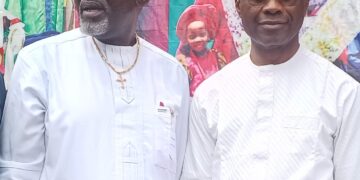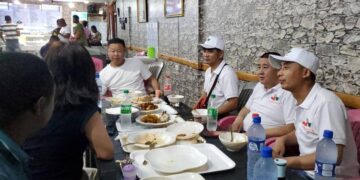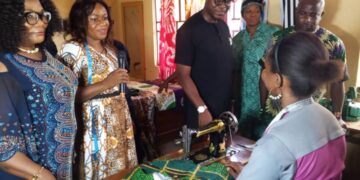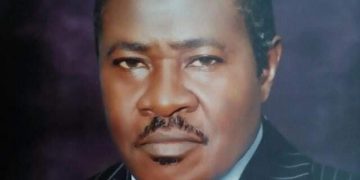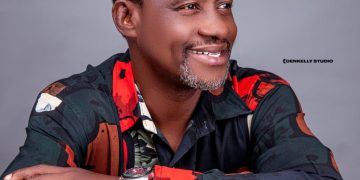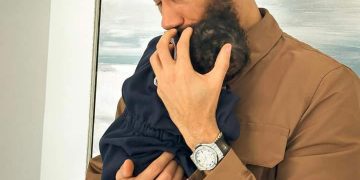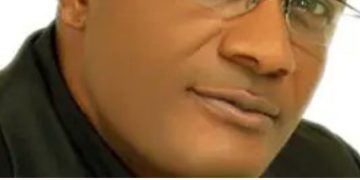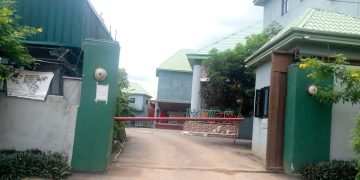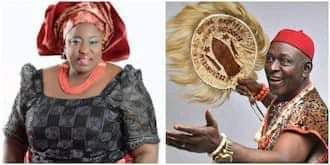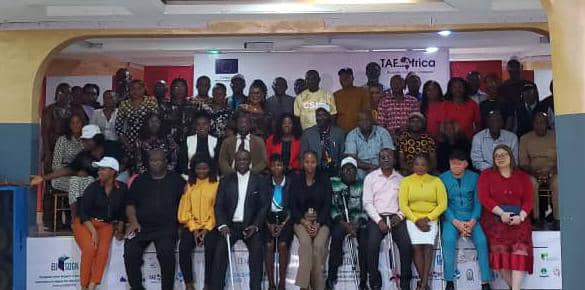Stakeholders Make Case For More Inclusion Of PWDs In Elections
Stakeholders have advocated for inclusion and full participation of Powers With Disabilities (PWDs) in the electoral process.
The stakeholders made the call at a 2-day “Able2Vote Media Engagement Workshop” organised by TAF Africa, a disability inclusion champion group in Awka.
The workshop was organised with funding from European Union.
Mr John Anwayi, Senior Programme Officer, TAF said there was need for care and professionalism in communicating disability issues in order not to encourage discrimination and stigmatisation against PWDs.
Anwayi in his lecture entitled “Understanding Disability and Intersectionality in Election” described Disability as any long-term physical, mental, intellectual, or sensory impairment which may hinder the full and effective participation of persons.
He said pwds were more likely to experience adverse Socio-economic outcomes than Persian without Disability and needed institutions including access to buildings, hearing , visual and other aids.
He listed disabilities to include, Visual impairment, Hearing impairment, Physical Disabilities, Albinism, Leprosy, Cerebral Palsy, Autism, Down Syndrome and Psychosocial
He said INEC under the Electoral Commission was duty bound to take reasonable steps to implement practical and achievable measures to facilitate the participation of PWDs to ensure they effectively exercise their right to vote and participate fully in the electoral process.
“We need training on disability awareness, for polling staff,
provision of assistive devices like magnifying glasses or braille ballot guides to address mobility challenges, communication barriers and privacy concerns,” he said .
On his part, Mr Edetaen Ojo, Chief Executive of Media Rights Agenda urged the media to help drive the narrative of PWDs to address the problem of discrimination and prejudices against them.
Ojo who spoke on “Reframing the Media Narrative On Disability” said media representations shape society’s attitudes towards PWD and that the stereotypes undermine their rights, dignity and humanity.
According to him, these common media stereotypes are not very often, they are not only inaccurate, they are false, they also cause real harm to the individuals affected as well as to society as a whole.
“The media should use respectful language and follow guidelines for disability-inclusive terminology, avoiding outdated or offensive words.
“They should also portray PWDs as professionals, parents, artists, and leaders, not just in contexts of disability and include them in
everyday stories,” he said.
